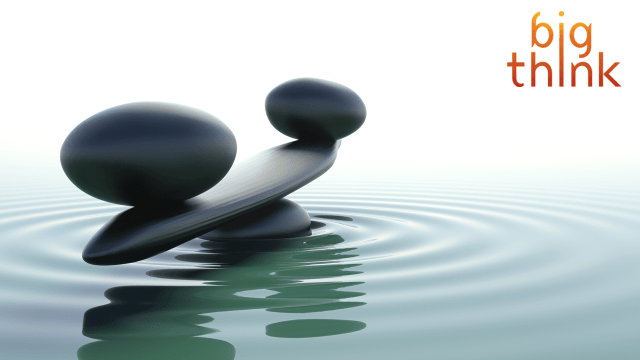In Government and Large Corporations, Success Can Mean Doing Less Work

Sometimes it’s important to do absolutely nothing at work, or least not the job you’re supposed to be doing. After all, the tedium of being a patent clerk allowed Einstein’s imagination to run wild while the routine of selling insurance gave Wallace Stevens his best poems. So here are some tips about how to look good while doing whatever you want at the office:
Work in the public sector or for an enormous corporation.
In the public sector, there is often a foggy relationship between input and output. Since there is frequently no bottom line in terms of making profit, it is difficult to measure productivity. That means plenty of time to shirk your professional responsibilities, however vaguely they will have been defined. In his 2005 memoir “The Living Dead,” author David Bolchover says he started his career “in a small firm where he had to work hard for no title and low pay. He ended working for a big company where he had a grand title and a fat pay packet but did almost nothing.”
Find companies that focus on creativity and ideas.
If a company has job titles like “director of visioning” or “vice-chairman of big-data analytics,” you’ve probably found a new business like Google or Facebook that emphasizes their employees’ satisfaction and well-being. So between getting massages, free gourmet food, and other perks, you can return to your desk and continue looking busy.
A 2010 Finnish study found that loafers tended toward the higher and lower income brackets, i.e. those making over $100,000 and under $25,000 reported the most “empty labor”.
During his Big Think interview, author Robert Greene explains how to maintain your independence while working at large companies and find a happy way of life:
Read more at the Economist
Photo credit: Shutterstock





